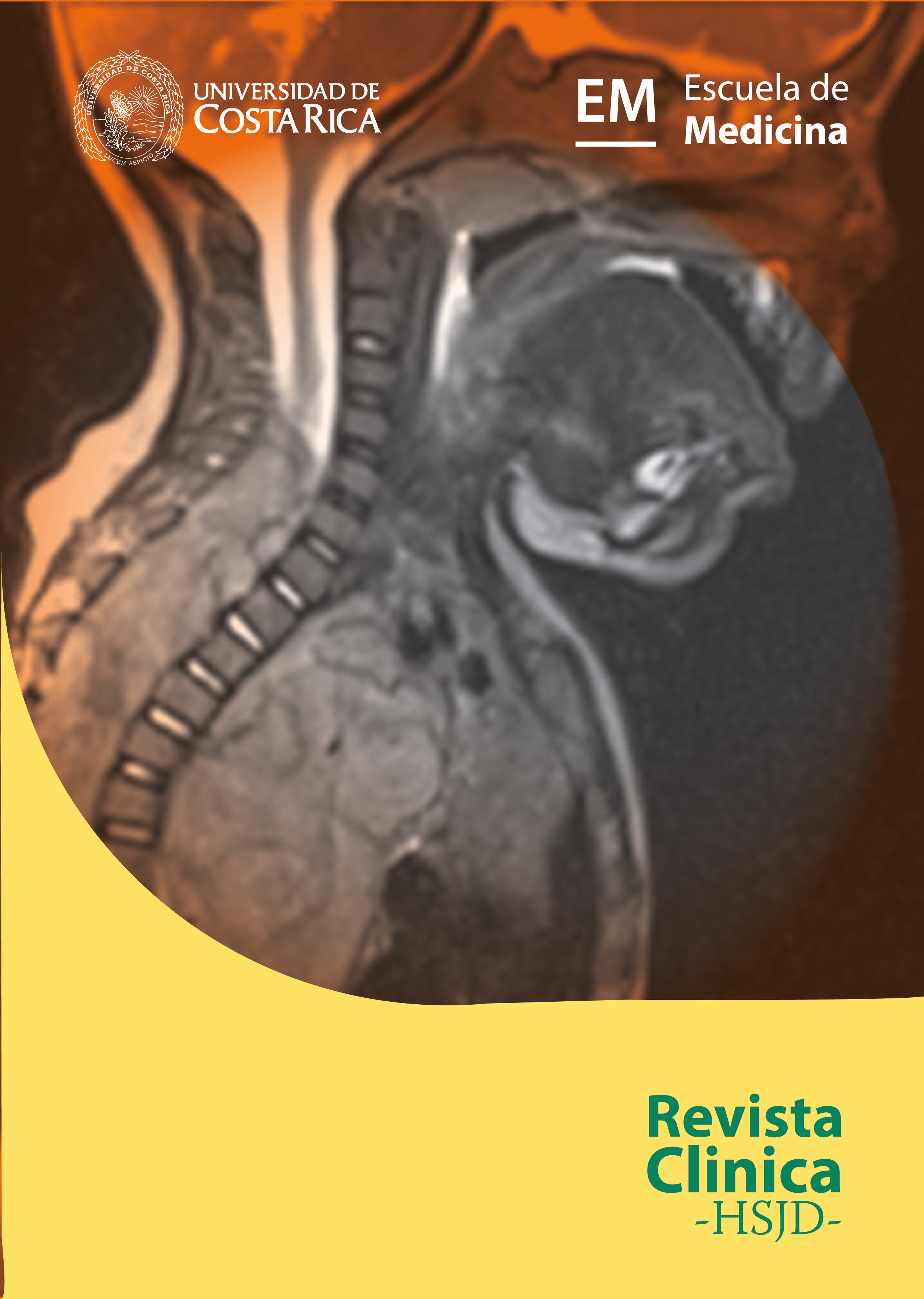Abstract
The defects of the neural tube are serious congenital malformations whose prenatal diagnosis allows to guide the obstetric management, this can also increase the expectations of the users of the medical services and increase even more the existing complexity in the analysis of the causal link in forensic analysis of complaints about professional responsibility, and justifies the updating of concepts about the etiological risk factors of these defects, which are identified in the recent scientific medical literature. With this objective, this review is carried out, obtaining that the etiology of most neural tube defects seems to be multifactorial and involves genetic and environmental factors and probably requires the contribution of more than one element, so it is not possible to relate directly to a single factor, such as the lack of folic acid supplement during the prenatal period, with a malformation of this type, or rule out other causes, in addition to many of the molecular mechanisms are still under study. In establishing the causal link there must be sufficient evidence to fully accept that there is a direct relationship between non- exposure or exposure to a factor and the clinical effect (outcome). It is hoped that the discovery of new genes and epigenetic factors related to the defect will produce new preventive approaches; improved genetic counseling; and improved prognostic information and new therapeutic strategies, for which the forensic medical analysis will increase in complexity if complaints are established in this regard.

